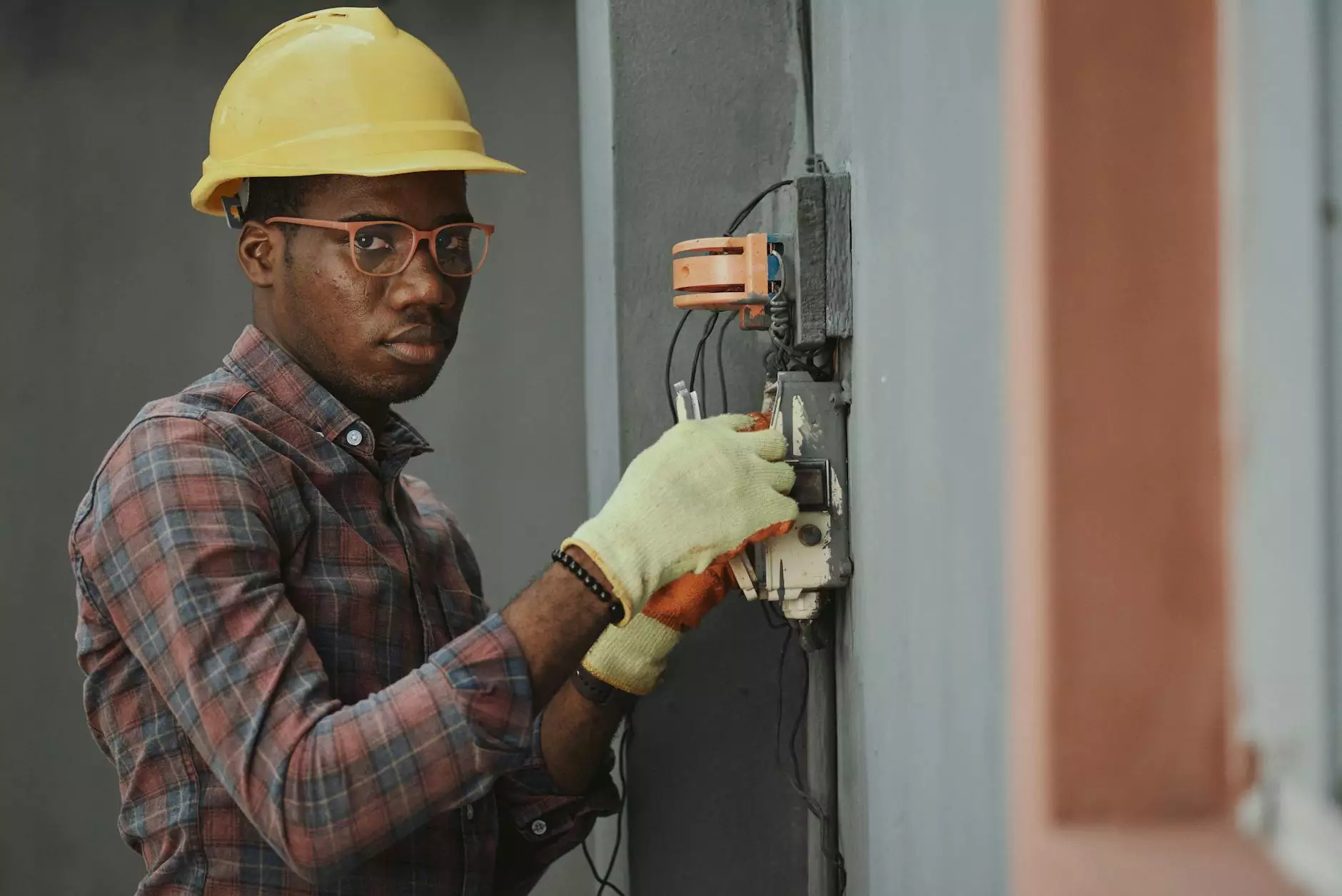Understanding Independent Building Control Inspectors: Ensuring Quality in Construction

The construction industry is a vital part of our economy, offering countless opportunities and showcasing innovation. In this landscape, quality assurance in building practices is paramount; this is where independent building control inspectors play a crucial role. They are not just a regulatory formality but essential guardians of safety and compliance in the construction sector.
What Are Independent Building Control Inspectors?
Independent building control inspectors are professionals who are authorized to assess construction projects and ensure they comply with local and national building regulations. They operate separately from local authorities, providing an unbiased perspective on construction compliance. Their main responsibilities include:
- Performing Inspections: They conduct systematic checks of building works to ensure compliance with approved plans and regulations.
- Issue Certifications: Only qualified projects receive completion certificates, which affirm adherence to safety standards.
- Advising Contractors: These inspectors often provide guidance on best practices and regulatory changes to help contractors stay compliant.
- Enforcing Codes: They have the authority to enforce building codes and regulations, ensuring that any non-compliance is addressed promptly.
The Importance of Independent Building Control Inspectors
The presence of independent building control inspectors is vital for several reasons:
1. Ensuring Safety and Compliance
The primary role of building control inspectors is to safeguard health and safety in building practices. By rigorously reviewing compliance with standards, they mitigate risks associated with construction, ensuring that buildings are safe for occupancy.
2. Maintaining Quality Standards
Independent inspectors help maintain high-quality construction standards. They assess materials, workmanship, and adherence to specifications, which results in durable and efficient building practices.
3. Enhancing Project Efficiency
Having an independent building control inspector on your side can reduce delays in the project timeline by addressing potential compliance issues before they escalate. Timely inspections help ensure that any necessary adjustments are made early in the construction process.
4. Providing Expert Knowledge
These inspectors possess extensive knowledge of building regulations and can provide invaluable advice to contractors and builders. Their expertise helps navigate the complexity of regulations, making the process smoother and more efficient.
5. Independent Verification
As their name suggests, independent building control inspectors offer an unbiased view. This independence enhances the credibility of inspections, reassuring stakeholders that evaluations are objective and reliable.









